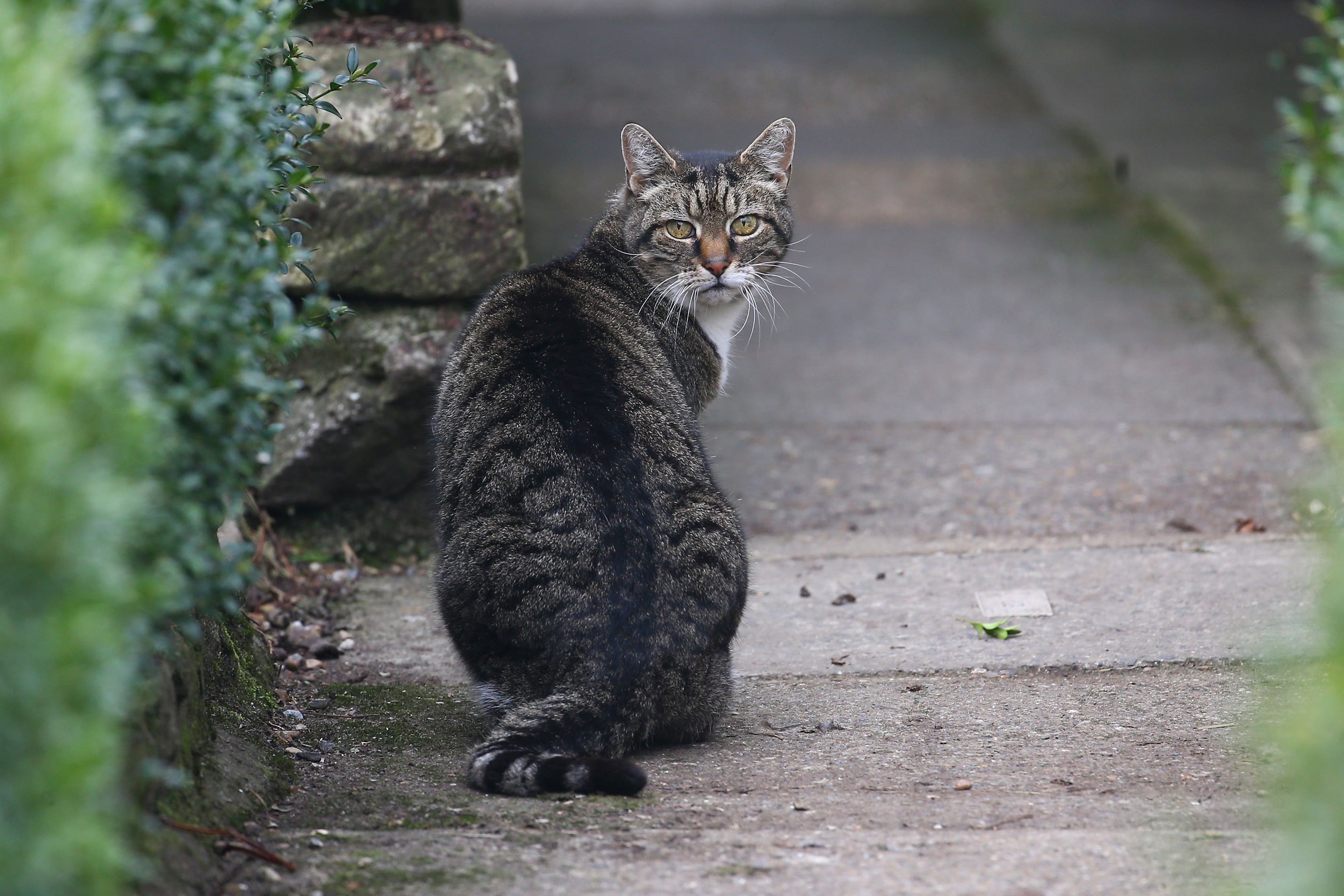New rules makes microchipping for cats in England compulsory
Owners will have until June 2024 to microchip their cat in a move aimed at helping to reunite them with a lost or stray pet.

Your support helps us to tell the story
From reproductive rights to climate change to Big Tech, The Independent is on the ground when the story is developing. Whether it's investigating the financials of Elon Musk's pro-Trump PAC or producing our latest documentary, 'The A Word', which shines a light on the American women fighting for reproductive rights, we know how important it is to parse out the facts from the messaging.
At such a critical moment in US history, we need reporters on the ground. Your donation allows us to keep sending journalists to speak to both sides of the story.
The Independent is trusted by Americans across the entire political spectrum. And unlike many other quality news outlets, we choose not to lock Americans out of our reporting and analysis with paywalls. We believe quality journalism should be available to everyone, paid for by those who can afford it.
Your support makes all the difference.All pet cats in England must be microchipped under a new law which could see their owners face a £500 fine if they do not get it done.
Millions of cats are set to be inserted with the small electronic device by June 2024 after the compulsory cat microchipping legislation was introduced in Parliament on Monday.
Under the new rules, cats must be implanted with a microchip before they reach the age of 20 weeks and their contact details stored and kept up to date in a pet microchipping database.
The aim is to make it easier for lost or stray pet cats to be returned home safely, which Environment Secretary Therese Coffey described as a time of “devastating” loss for many owners.
All owners must have their cat microchipped by June 10 2024.
Any owner who is found not to have microchipped their cat will have 21 days to have one implanted, or they may face a fine of up to £500.
There are more than nine million pet cats in England, with as many as 2.3 million unchipped, according to the Department for Environment, Food and Rural Affairs (Defra).
Compulsory microchipping of dogs came into effect in April 2016.
Ms Coffey said: “Cats and kittens are treasured members of the family, and it can be devastating for owners when they are lost or stolen.
“Legislating for compulsory microchipping of cats will give comfort to families by increasing the likelihood that lost or stray pets can be reunited with their owners.”
Chief veterinary officer Christine Middlemiss said: “Microchipping is by far the most effective and quickest way of identifying lost pets.
“As we’ve seen with dog microchipping, those who are microchipped are more than twice as likely to be reunited with their owner.
“By getting their cat microchipped, owners can increase the likelihood that they will be reunited with their beloved pet in the event of it going missing.”
The move was welcomed by Cats Protection, the cat rescue and welfare charity, which has been calling for all owned cats to be microchipped since the measure was first introduced for dogs.
Madison Rogers, of Cats Protection, said: “The charity regularly reunites owners with their much-loved cats and in most cases this is only possible thanks to microchips.
“No matter how far from home they are found, or how long they have been missing, if a cat has a microchip, there is a good chance that a lost cat will be swiftly returned home.”
Microchipping involves inserting a chip, generally around the size of a grain of rice, under the skin of a pet.
This has a unique serial number that the keeper needs to register on a database.
When an animal is found, the microchip can be read with a scanner and the registered keeper identified on a database so the pet can quickly be reunited with them.
It will not be compulsory for free living cats that live with little or no human interaction or dependency, such as farm, feral or community cats.
Owners with cats that are already microchipped should ensure their details are up to date, Defra said.